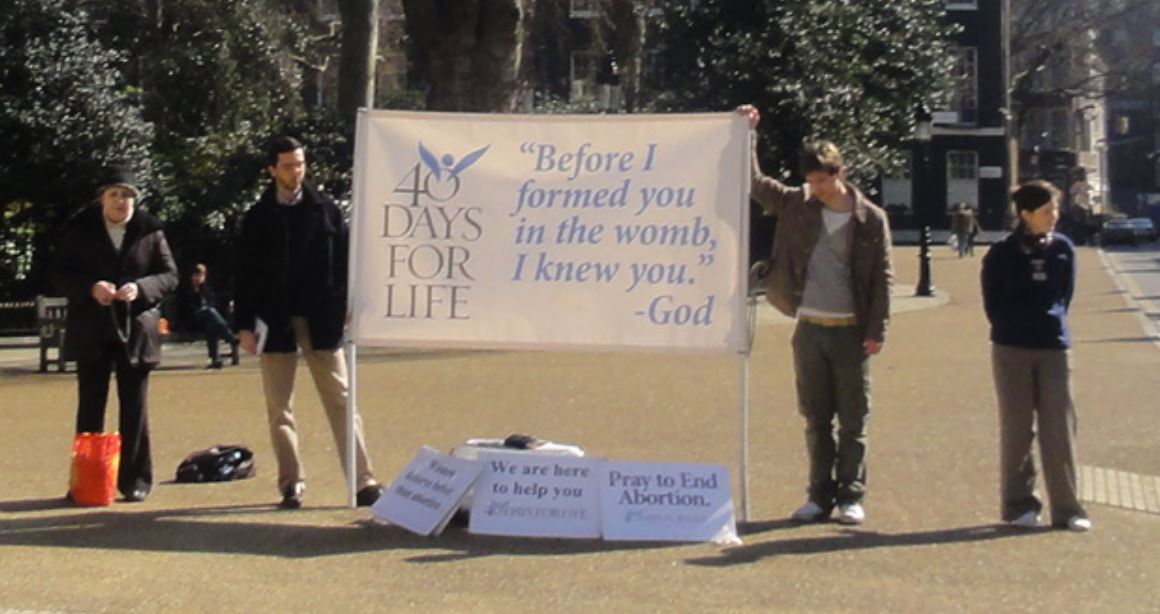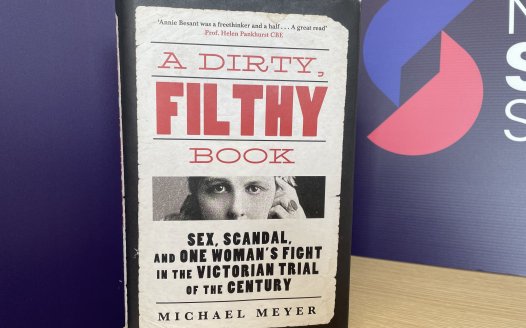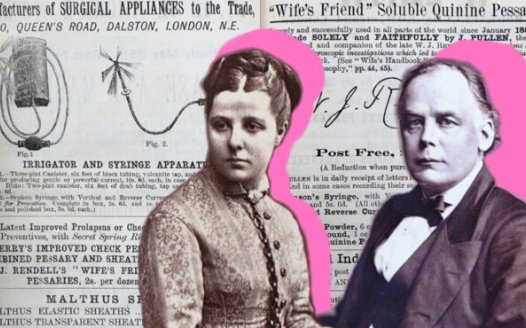MPs reject religious exemptions for abortion safe access zones
Posted: Wed, 8th Mar 2023
The National Secular Society has welcomed a House of Commons vote to reject religious exemptions from 'buffer zones' protecting women attending abortion clinics.
Yesterday MPs agreed to safe access zones around abortion clinics as part of the Public Order Bill.
The bill will make it an offence for people to harass or distress patients and staff within 150 metres of abortion clinics. Trying to obstruct or deter women from accessing abortion services within safe access zones will also be banned.
"No prayer is being criminalised"
Additionally, MPs voted against an amendment, tabled by Conservative and DUP MPs, which would have explicitly permitted "silent prayer" or "consensual communication" in safe access zones.
MPs who backed the amendment referred to the case of Isabel Vaughan-Spruce, director of anti-abortion group March for Life UK, who has been arrested twice for breaching Public Spaces Protection Orders (PSPOs) outside abortion clinics while praying 'in her head'.
PSPOs can be used by local authorities to ban specific antisocial acts in designated areas. While PSPOs can explicitly ban prayer vigils outside abortion clinics, the Public Order Bill, which applies nationwide, makes no mention of prayers or other religious activity.
MPs who supported the safe access zones stressed that the bill would not criminalise prayer, but that including specific exemptions for "silent prayer" would risk creating a loophole to enable activists to harass women at abortion clinics.
Labour MP for Walthamstow Stella Creasy said: "Let us be very clear for the avoidance of doubt: no prayer is being criminalised. Nothing in the Bill will do that".
She added: "We need to be honest and recognise that there will never be a point at which the people praying agree with the choice that a woman has made, so there is never going to be a point at which their prayers are welcome. There is never going to be a point at which those prayers are not designed to intimidate or to destabilise a very difficult decision."
She pointed out that anti-abortion groups themselves boast that their presence make the no-show rate for abortion appointments as high as 75%.
Adding to Creasy's arguments, Labour MP for Croydon Central Sarah Jones said: "I am a person of faith. I have also walked into an abortion clinic. I pray, but I also know how intimidating it is to walk past people silently standing there with signs trying to communicate, trying to pray, trying to persuade women to change their mind. It is a balance that we strike in this place between a woman's right to privacy and healthcare and everybody's right to go about their business and do what they choose."
She also objected to the exemption of "consensual communication" from the safe access zones in the amendment, saying: "How on earth can we define it? Members have said women should not be harassed. Everybody agrees with that, but one person's consensual communication is another person's harassment."
The bill is now set to become law. Similar legislation was passed in Northern Ireland last year, while a member's bill to create buffer zones has been launched in Scotland.
NSS: Exemptions for 'silent prayer' would create "an easily exploitable loophole"
NSS head of campaigns Megan Manson said: "We welcome the rejection of religious exemptions from safe access zones around abortion clinics.
"Explicit exemptions for 'silent prayer' would have created an easily exploitable loophole for religious fundamentalists to harass women at their most vulnerable.
"The Public Order Bill does not make any reference to prayer or other religious activities at all. Suspected violations of safe access zones should be assessed according to the circumstances at hand, not whether or not prayer may have been involved."
"MPs were right to reject the amendment, which would have added unnecessary complexity, ambiguity and unfairness to the bill and undermined its aim: to protect both users and providers of a basic healthcare service."
Image: '40 Days for Life' campaign protesting outside the offices of the British Pregnancy Advisory Service, 2011. Tom Morris, Wikimedia Commons (cropped)
Reproductive rights
Religion should never block access to abortion or contraception. Join our campaign to uphold reproductive rights.









